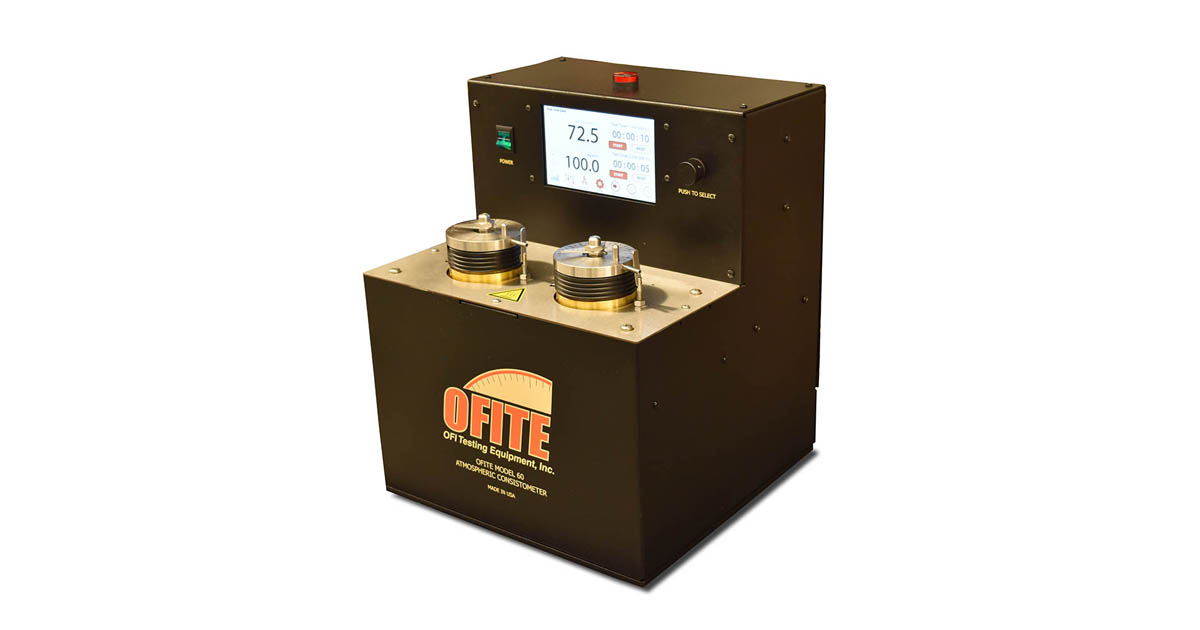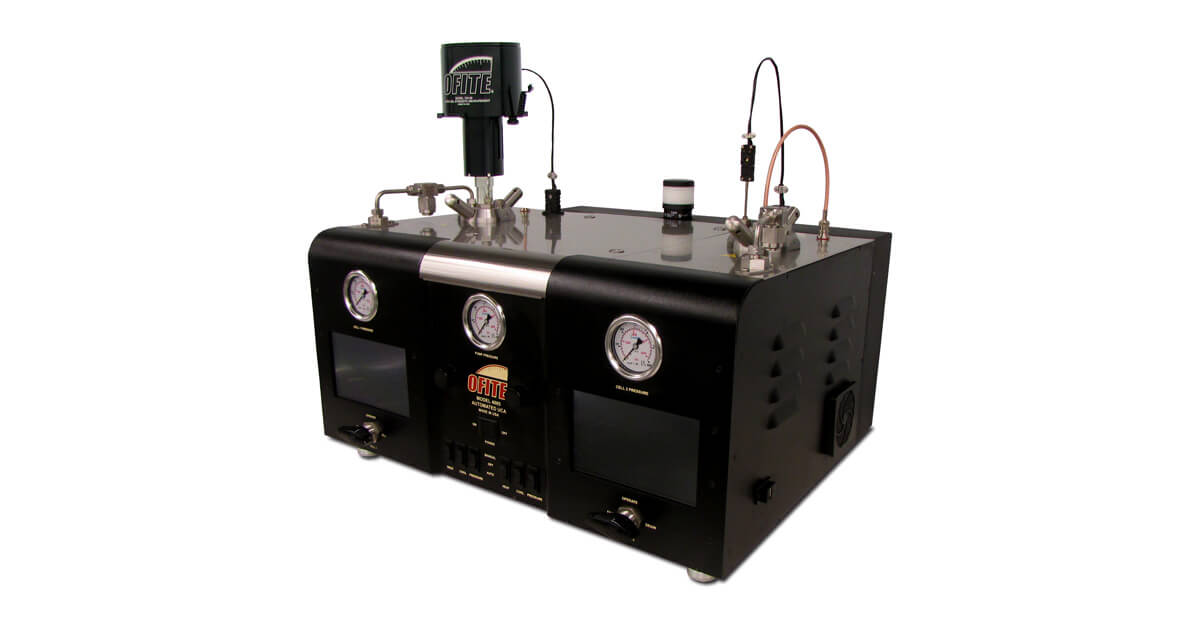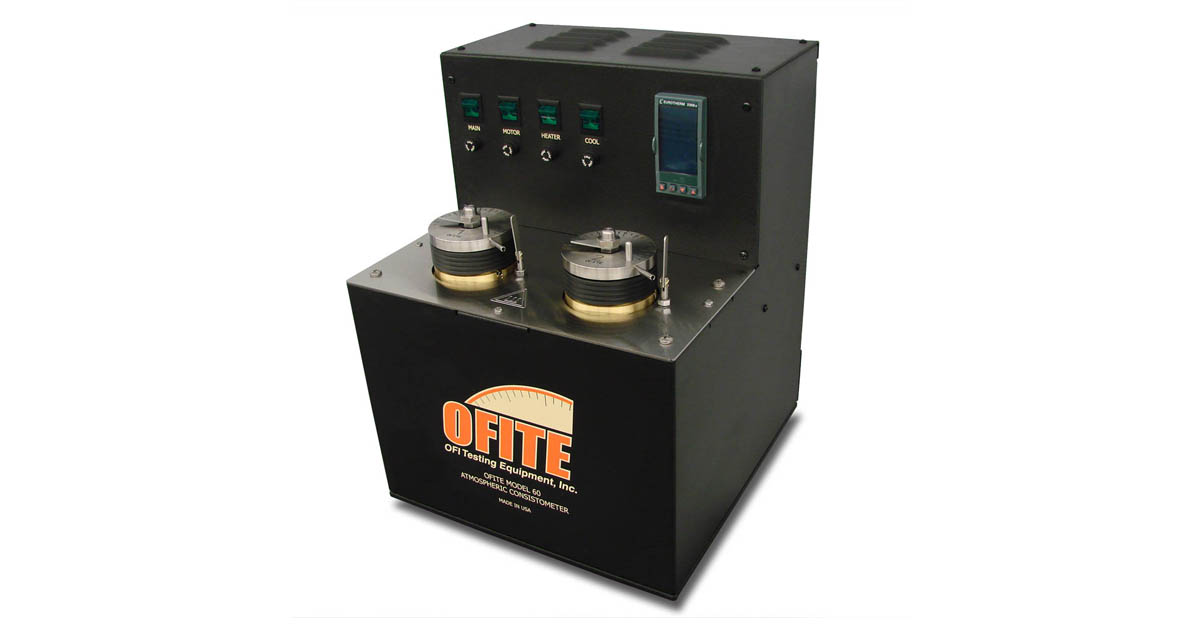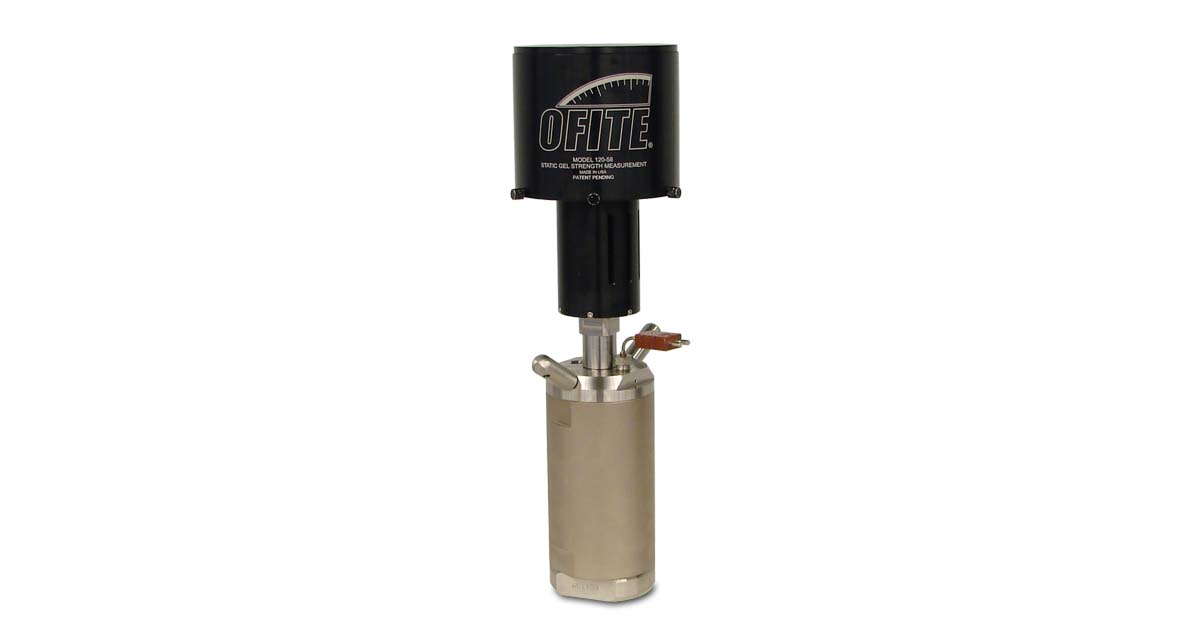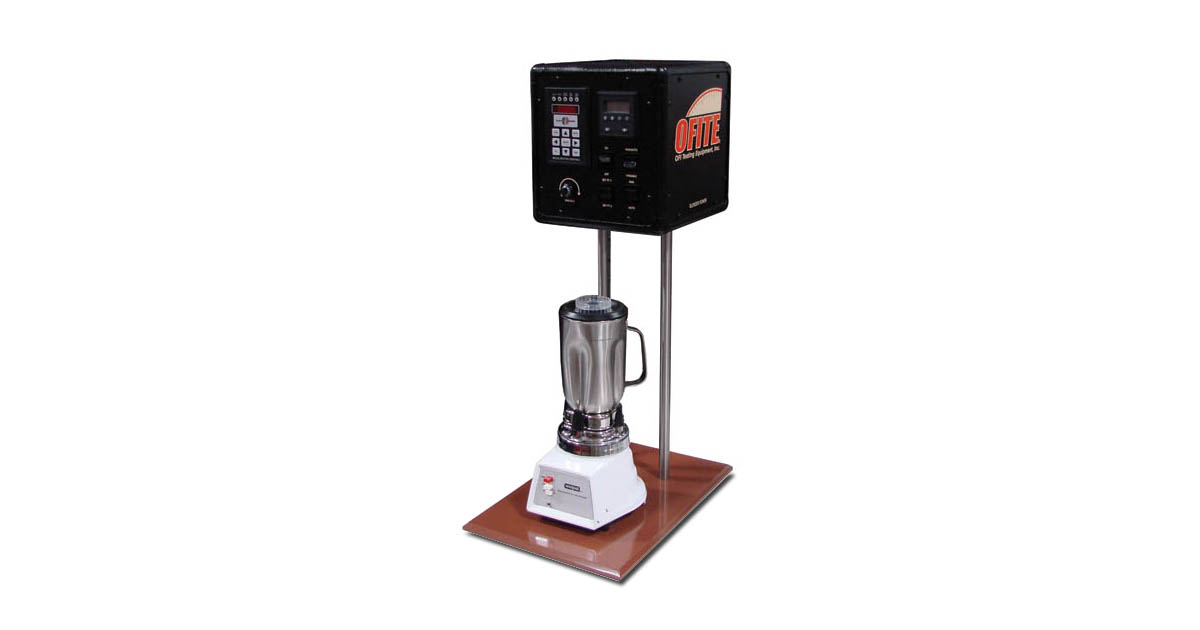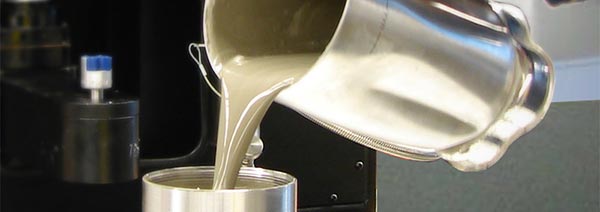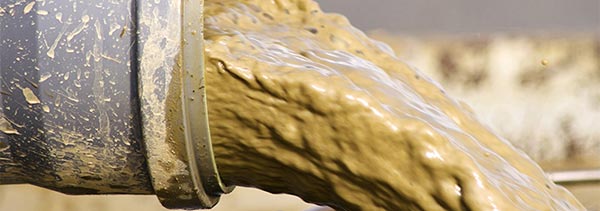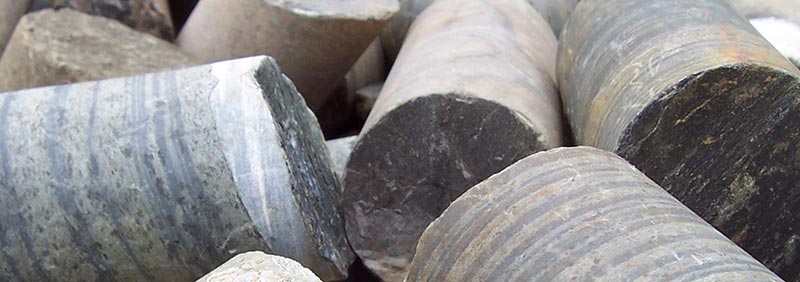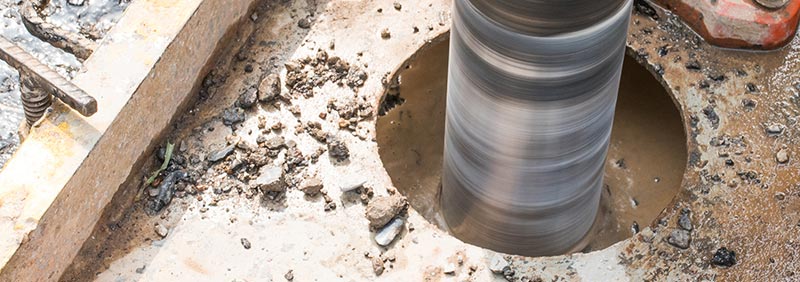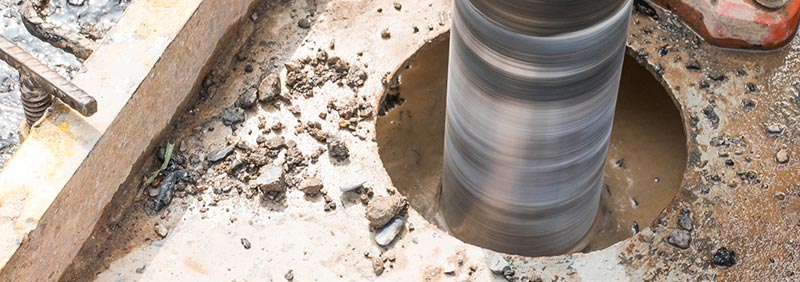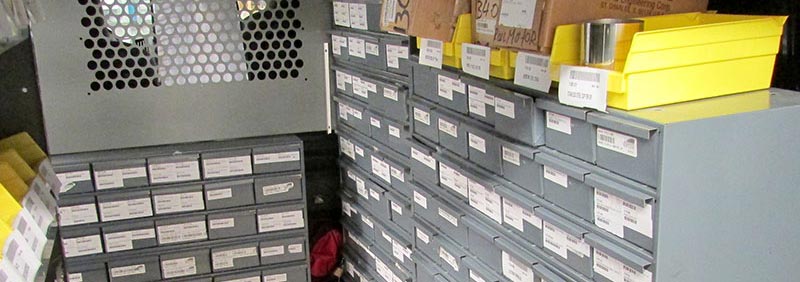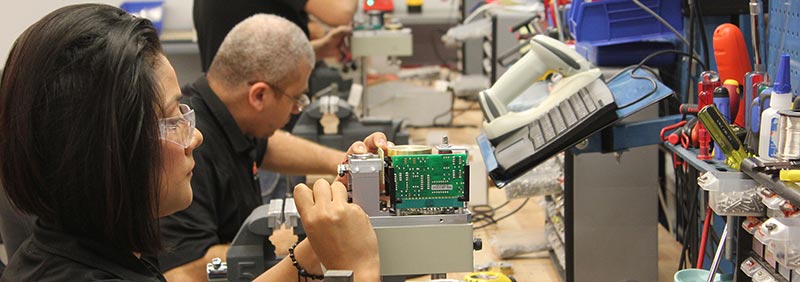The third edition of API Recommended Practice 10B-2 (Recommended Practice for Testing Well Cements) was published in July 2024. If you have not review...
Newsroom
The Constant Speed Blender is designed to prepare a cement slurry by mixing it at constant speeds according to API guidelines. The blender begins by m...
Although the OnLine Rheometer (OLR) has been utilized multiple times to measure the rheological properties of drilling fluids, it has yet to be tested...
OFITE has long been an industry leader in drilling fluids rheology. Now we will expand the toolkit for understanding how fluids behave in the well bor...
The OFITE Model 60 Atmospheric Consistometer has been used in cement labs for years to condition cement slurries prior to further testing. Now, we are...
The Ultrasonic Cement Analyzer (UCA) uses the change in velocity of an acoustic signal to determine the compressive strength of a well cement over tim...
In a typical well cementing operation, a cement slurry is pumped into the annulus between the well casing and the bore hole. As the cement slurry hydr...
The Atmospheric Consistometer is one of the staples of the cement lab. Every cement lab needs at least one for a critical step in preparing cement slu...
Oil well cement must be strong enough to support the casing and to provide adequate zonal isolation. Before using a cement system in a well, developer...
Gel strength is a property of cement slurries that describes the attractive forces that exist between particles suspended within the mixture. Gel stre...
When wet cement begins to set, the crystals that form the set cement matrix take up less volume than the initial reactants that make up the base cemen...
Once dry cement is mixed with water, a complex chemical reaction begins. The chemical reactions have a tremendous effect on the physical performance p...
***UPDATE: The September 21 lunch and learn is full. We will be scheduling more in the near future. If you are interested, let us know and we will kee...
The mechanical properties of a material describe how that material behaves when subjected to an applied force. When placed in an oil well, cement is s...
Cement slurries that are placed in gas bearing formations as part of the well completion process are at risk of gas migration under the right conditio...
For oilfield service companies trying to cement a well, the thickening time of the cement slurry is the critical slurry property to control. A typical...
Cement in an oil well needs to be able to resist the forces found in the formation in order to protect the steel casing around which it is placed. The...
Cement slurries used in the oil field are dynamic fluids with complex chemistries. Laboratories tasked with the development of slurries used for cemen...
To define the physical properties of a cement slurry, laboratory personnel need to run a complete suite of performance tests. To produce consistent te...
Advanced oil well cement testing goes beyond compressive strength. The elastic properties (Young’s Modulus, Poisson’s Ratio, and Tensile Strength) als...




